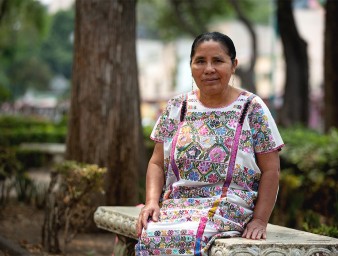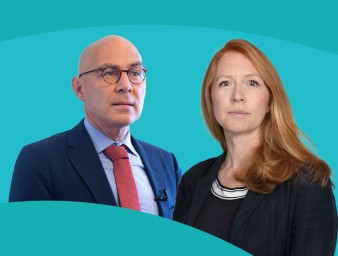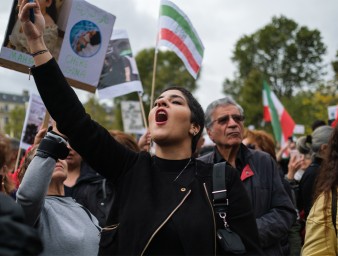Healing the wounds of the past for a better future in Togo
14 May 2012
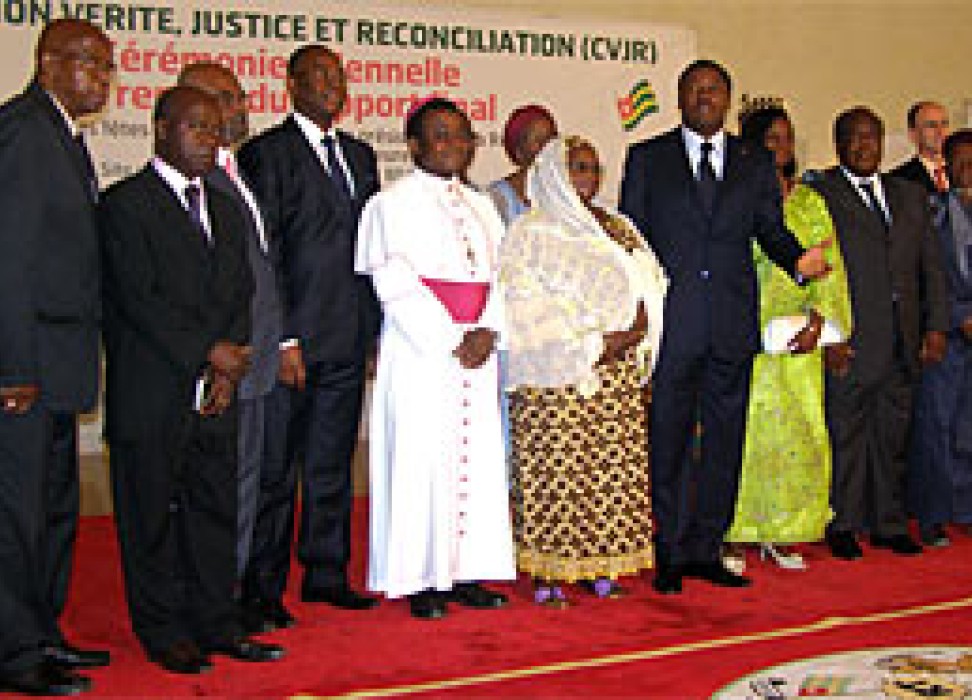
The Truth, Justice and Reconciliation Commission of Togo released its final report on the political violence and human rights violations which took place in that country from 1958, marking the beginning of the quest for independence from France, and 2005 when instability and violence linked to the elections ensued after the death of President Gnassingbe Eyadema.
The Commission was established in 2009, and was mandated to shed light on acts of political violence committed between 1958 and 2005 and identify the people responsible for these acts; propose measures for reparations for the victims; and make recommendations to the Togolese Government on the fate of convicted perpetrators of grave human rights violations, as well as measures to prevent recurrence of such acts.
The UN Human Rights office believes that truth and reconciliation commissions are the driving force of transitional justice, which has been used to resolve crises after mass human rights violations, and prevent vengeance and future escalation of violence.
During 34 months, the Commission gathered some 22,400 statements from across the country, the Togolese diaspora abroad, and on the internet. Eventually, only 523 cases were submitted for hearing. The Commissioners explained that it would have taken them 17 years to hear all those who had made statements.
The Commissioners and investigators heard testimonies of violence linked to elections and successive coups, terrorist attacks, detentions, disappearances, assassinations, and tensions between ethnic communities, orchestrated by militias backed by political actors. The victims who endured human rights abuses remain disillusioned by the total impunity that yesterday’s perpetrators, still in power, continue to enjoy today.
“All through these months, we met and listened to thousands of victims; but the biggest victim of our recurring conflict is certainly trust that we’ve totally banished from our interpersonal relationships,” said the President of the Commission, Bishop Nicodème Barrigah-Benissan. “The Togolese seem to have erected distrust as an absolute principle, probably because of the many disappointments that have marked out our national history.”
“But if we don’t decide to recreate a modicum of trust between us, the reconciliation we aspire to will go unheeded; it won’t take shape in our relationships.”
The UN Human Rights country office in Togo provided support to the Truth Commission throughout the whole process and, in the context of its technical cooperation agreement with the Togolese Government, the Office will also assist in implementing the Commission’s recommendations.
The UN Human Rights Representative in Togo, Olatokunbo Ige, warned that the completion of a truth commission was not necessarily synonymous with reconciliation for the citizens of countries that bore the scars of painful episodes in their history.
“Reconciliation, it must be emphasized, is a process that cannot be decreed. It requires time and space for mourning and healing of wounds seen and unseen,” she said. “Reconciliation is a quest for justice. It begins and reaches its maturation phase when the sons and daughters of countries agree to settle their differences with a real consideration for human rights.”
Ige added that the completion of a truth commission ushers in a new beginning where the daily management of state affairs needs to change, and in which human rights and fundamental freedoms have to be respected.
The Truth Commission established a set of 68 recommendations in order to instigate a culture of human rights in Togo, consolidate the rule of law, reconcile its people and prevent conflict.
These include respect for the various ethnic groups which make up the Togolese population; a reform of the electoral system, of the judiciary, law enforcement and the military; the fight against impunity and reparations (material and symbolic) for the victims and their communities; as well as the participation of civil society and the protection of human rights defenders.
The Commission suggested to the Government the creation of a body that will implement the reparations programme and introduce necessary reforms to strengthen the rule of law. The Commission also proposed further investigations in a view to prosecute perpetrators of the most serious human rights violations.
14 May 2012
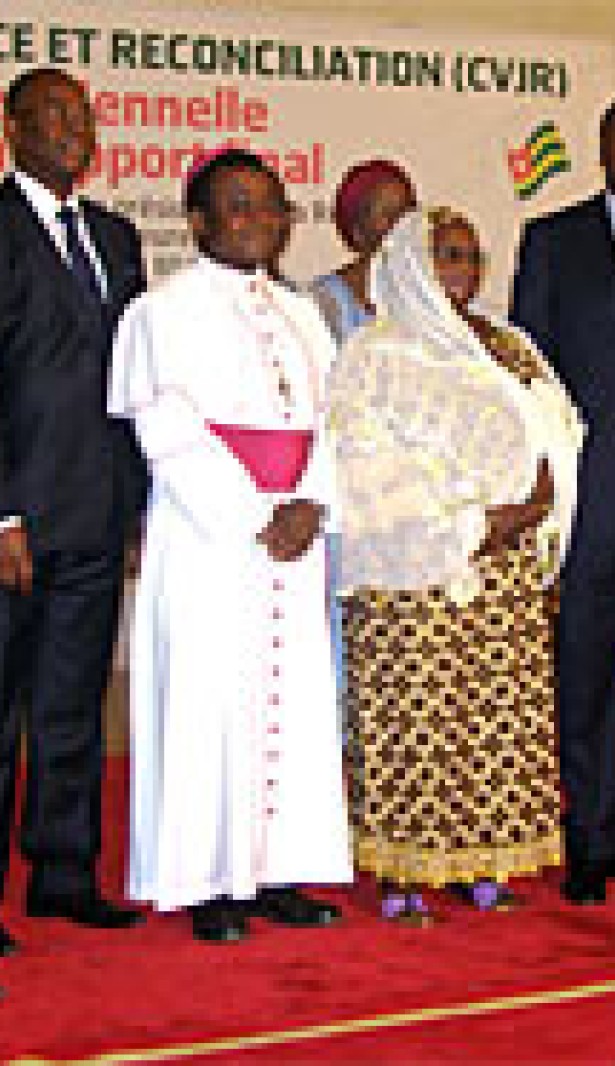
VIEW THIS PAGE IN:
